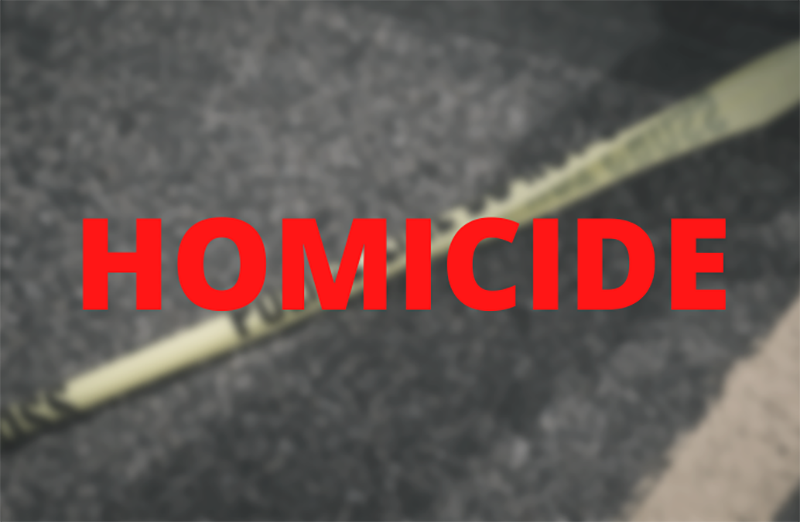
Thank you for reading D.C. Witness. Help us continue our mission into 2024.
Donate NowBy
Payton Anderson
, McKenna Bryant - March 7, 2024
Court
|
Daily Stories
|
Homicides
|
Juveniles
|
Suspects
|
Victims
|
On March 6, DC Superior Court Judge Rainey Brandt denied a homicide defendant’s release request to mandatory in-patient drug treatment after her 3-year-old son overdosed on fentanyl.
Sasha McCoy, 27, is charged with first-degree cruelty to children, and first-degree murder for her alleged involvement in the death of her three-year-old daughter, Journey McCoy, on Oct. 28, 2022. The incident occurred in a neighbor’s home, on the 3400 block of Southern Avenue, SE.
According to the autopsy report, Journey’s death was due to the “accidental” ingestion of and intoxication from fentanyl and fluorofentanyl.
According to court documents, on Sept. 25, 2019, Journey was born with percocet withdrawal and experiencing a marijuana high.
In September of 2020, DC Child and Family Services Agency (CSFA) received a report of Journey’s ingesting marijuana. CSFA determined that there was inconclusive evidence to support the allegation, and the case was closed.
During the proceeding, Sasha waived her right to a preliminary hearing, and her defense attorney, Elizabeth Weller, said they are requesting she be released and placed in a mandatory in-patient rehabilitation center.
Weller said Sasha recognizes the severity of what happened, but the court should note that the death was purely accidental.
“While this is first-degree murder, there is no indication of any intent to hurt the child,” Weller said. “There was accidental conduct and an accidental death.”
Weller said Sasha’s background indicates that she has and still is in the “darkest recesses of her narcotics addiction,” and was never treated.
“When we look at McCoy’s case, there is no reason to believe she will be a danger,” Weller said. “The court needs to impose conditions of release that will deal with this very specific circumstance because she deserved an opportunity for drug treatment.”
Weller said it’s the best option.
“It does not benefit anyone to sit her in jail and be done with her,” Weller said. “In-patient [treatment] is the thing that helps everyone because, at some point, she has to walk through the door.”
The prosecution insisted that it’s inaccurate for Weller to argue that Sasha was never offered treatment, but this may be the first time she wants treatment.
Due to Sasha’s previous interactions with CSFA, the prosecution explained she was aware of the consequences of inadequately supervising her child.
“We’re passed reckless, we’re at conscious disregard,” the prosecution said.
According to court documents, when police approached Sasha after the incident and offered her treatment, she refused.
“Not right now, this is not the time, I’m not going to lie I’m going to get high as a mother f**ker when I leave,” she allegedly said to the police.
Judge Brandt responded this “all sounds like the blame game,” and Sasha can’t shift responsibility for the tragedy that occurred.
“At the end of the day there is a dead three-year-old here,” the judge said. “The only one person who stands responsible is McCoy.”
Judge Brandt said, based on the law, because Sasha waived her right to a preliminary hearing, the court has reasons to believe there is probable cause. This inherently establishes Sasha is a “danger to the community” and a “danger to her children.”
Considering Sasha’s drug use history and the weight of the prosecution’s evidence, the judge said this was a clear case of “parental neglect” and that she could see it no other way.
“I can’t believe that you could sit here and argue the release of this defendant,” the judge said to Weller. “A child is dead, and no amount of drug treatment can take that back.”
Weller stated “The court does realize this is my duty, correct?”
Judge Brandt acknowledged Weller as a good attorney, however, the court decided that Sasha would remain in custody and there would be no consideration of release.
Parties are slated to return on April 17.
Follow this case